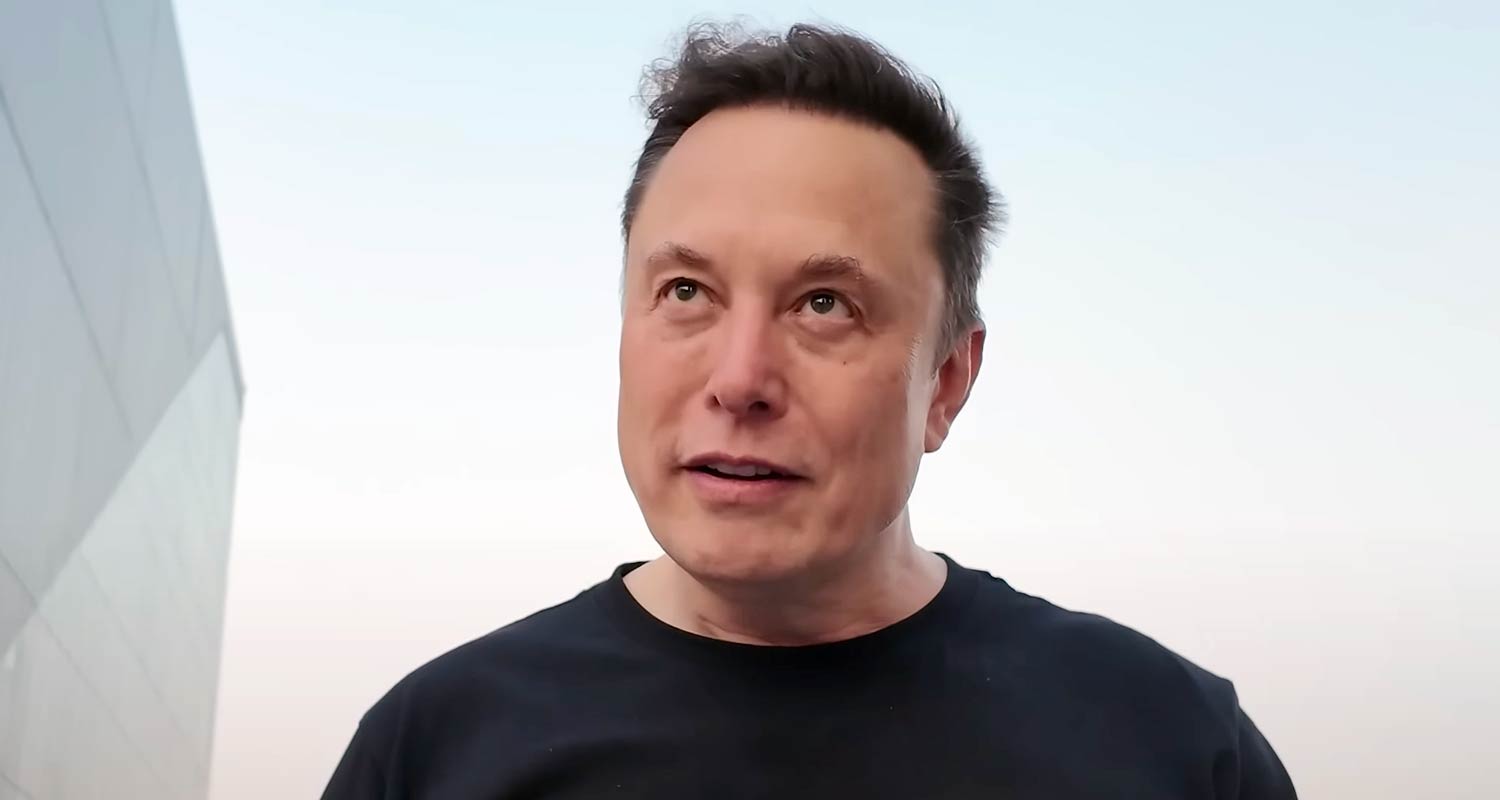Ryan Goodnight, senior director of market access and development at SpaceX, told Africa Tech Festival attendees last week that Starlink could launch in South Africa “tomorrow” if four lines in the licensing regulations were deleted.
But communications lawyer Dominic Cull of Ellipsis Regulatory Solutions is unequivocal: not only is that timeline impossible but Starlink could realistically be years behind its rivals in launching low-Earth orbit (LEO) satellite broadband services in South Africa.
Starlink wants to enter the market via an equity equivalent investment programme (EEIP) rather than selling 30% equity to historically disadvantaged groups and wants the regulations changed before it applies for a local licence. Even if communications minister Solly Malatsi finalises his draft EEIP policy direction to the regulator, Icasa, in the coming weeks, that is only the start. Icasa must still run a full inquiry, consult and amend the regulations.
Even then, local telecommunications operators are likely to insist on regulatory parity on BEE for themselves, and some may argue that it’s the Electronic Communications Act itself that must be amended, according to Cull.
“If there’s litigation, we literally could be in 2030 before they (Starlink) qualify to get the licences,” Cull told the TechCentral Show in an interview that will be published this week. This process will also unfold under a parliamentary portfolio committee where political sentiment towards SpaceX and its owner Elon Musk is tepid at best.
The paradox is that the more Starlink pushes for direct licensing, the further behind it may fall. Other LEO constellations – Amazon Leo (previously Project Kuiper), Eutelsat OneWeb and Chinese systems – can enter the market relatively quickly by complying with the 30% equity requirement set out in Icasa’s regulations.
If Amazon Leo – seen as Starlink’s likely closest competitor in the years ahead – follows the OneWeb playbook, it could enter the South African market within months. Starlink, by contrast, is tied up in a policy debate.
Politics
The debate around EEIPs has already been personalised by some MPs as “bending the rules for Musk”, and Malatsi has had to insist publicly that no “special dispensation” is being created for Starlink.
Meanwhile, Musk’s own posts on X, his social media platform, about South Africa and its policies have not endeared him to key players in the political system. Cull warned Starlink’s patience will eventually run out – and when it does, the company may escalate in ways that make the politics even more toxic.
Read: SpaceX grows impatient over licensing delays for Starlink in South Africa
Goodnight’s public optimism (and frustration) is understandable – but it doesn’t change the structural reality: Starlink is asking South Africa to change the rules, not just sign a form. That’s always going to be a long, contested process, according to Cull.
He said no one has a solid view of the addressable LEO satellite broadband retail market in South Africa. LEO isn’t a universal service solution, though: the households most often invoked as beneficiaries are the least able to afford premium satellite tariffs, he said.

Starlink has the strongest brand and the widest constellation – yet in South Africa it may end up last to market, overtaken by rivals happy to comply with the equity requirements in licensing. – © 2025 NewsCentral Media
Get breaking news from TechCentral on WhatsApp. Sign up here.



